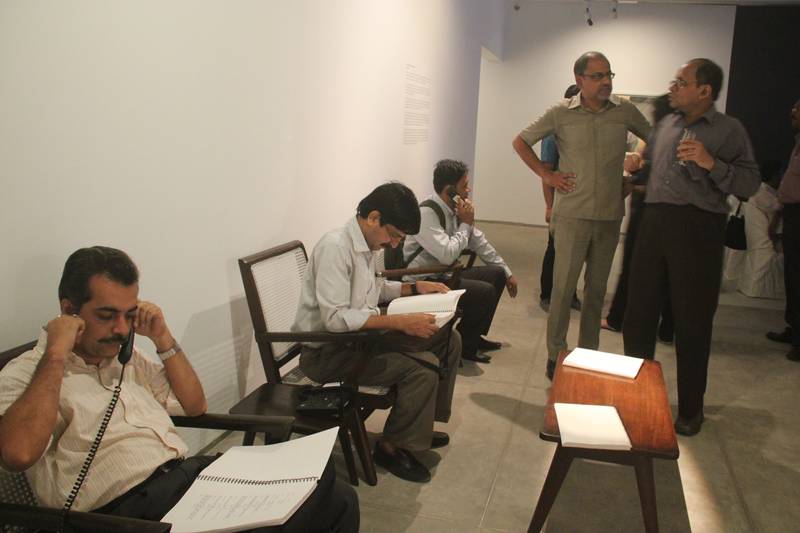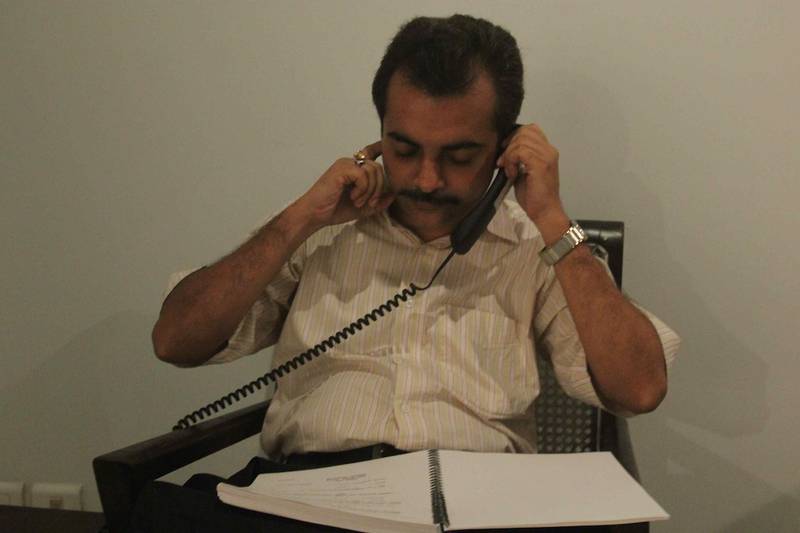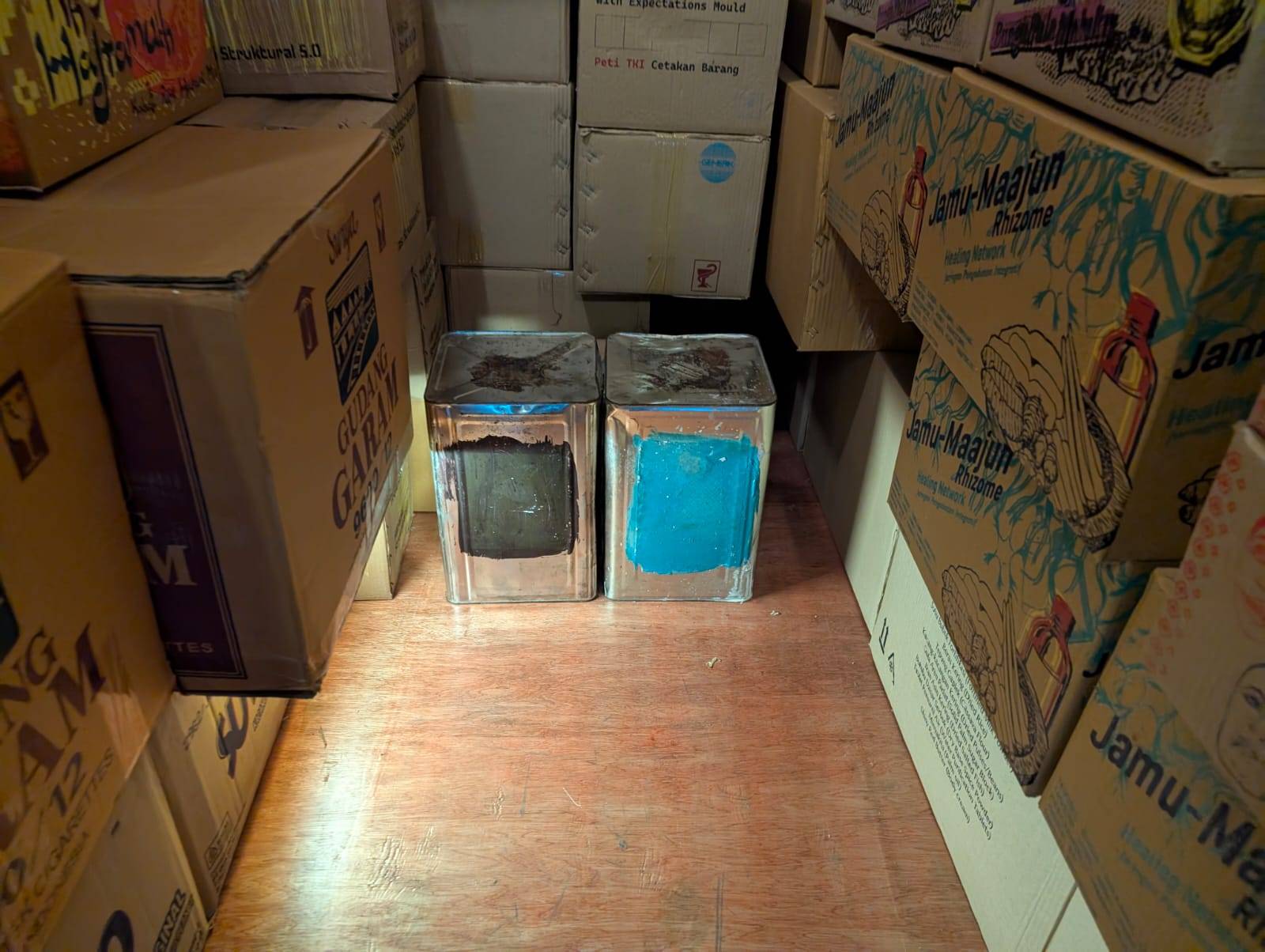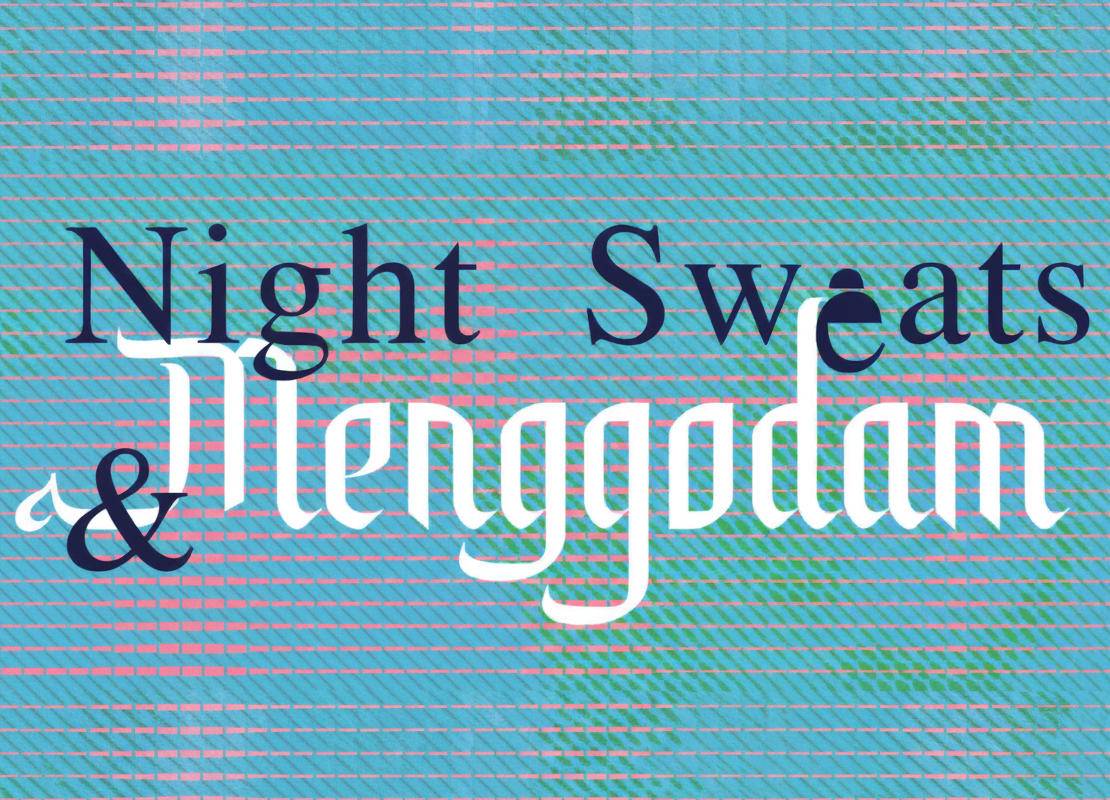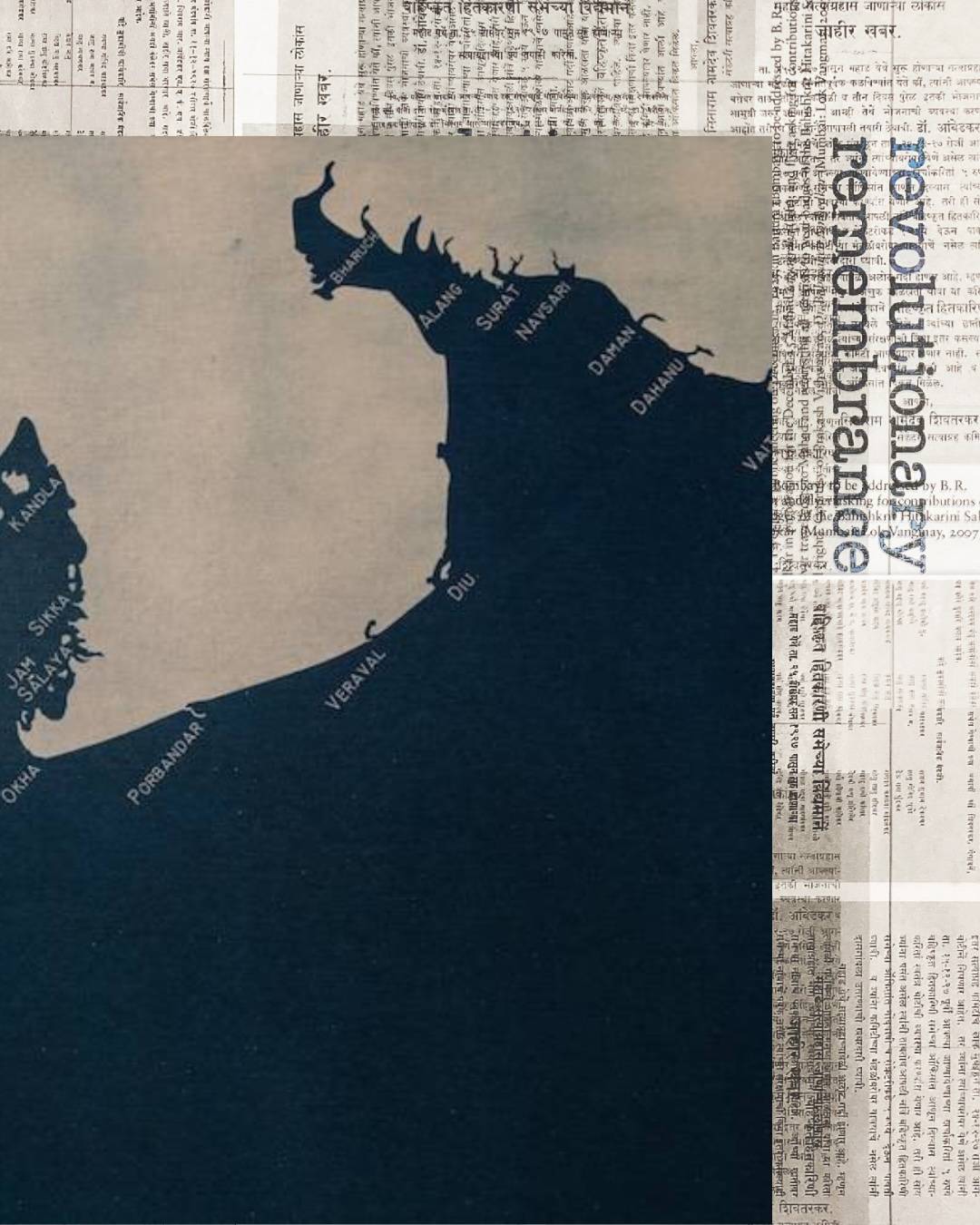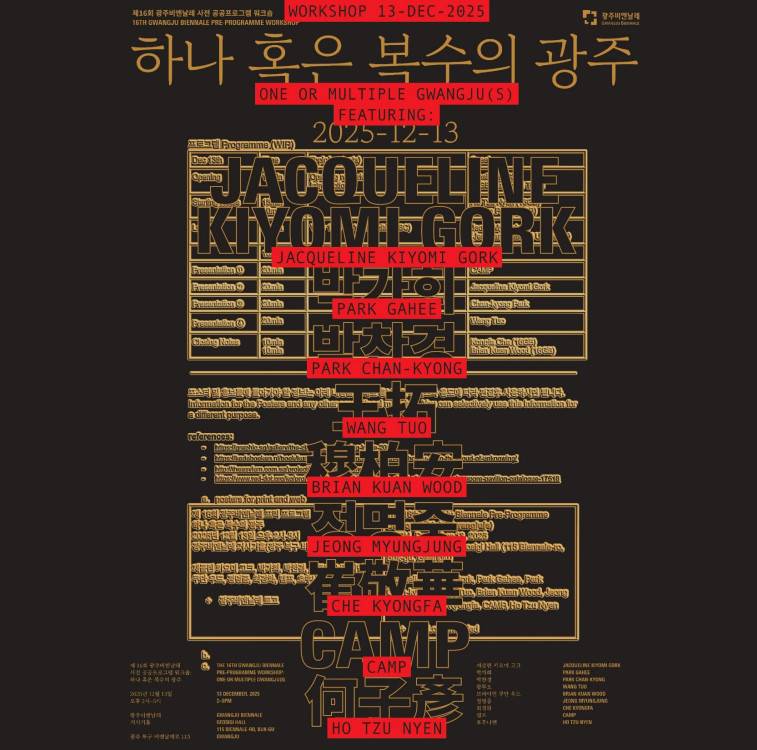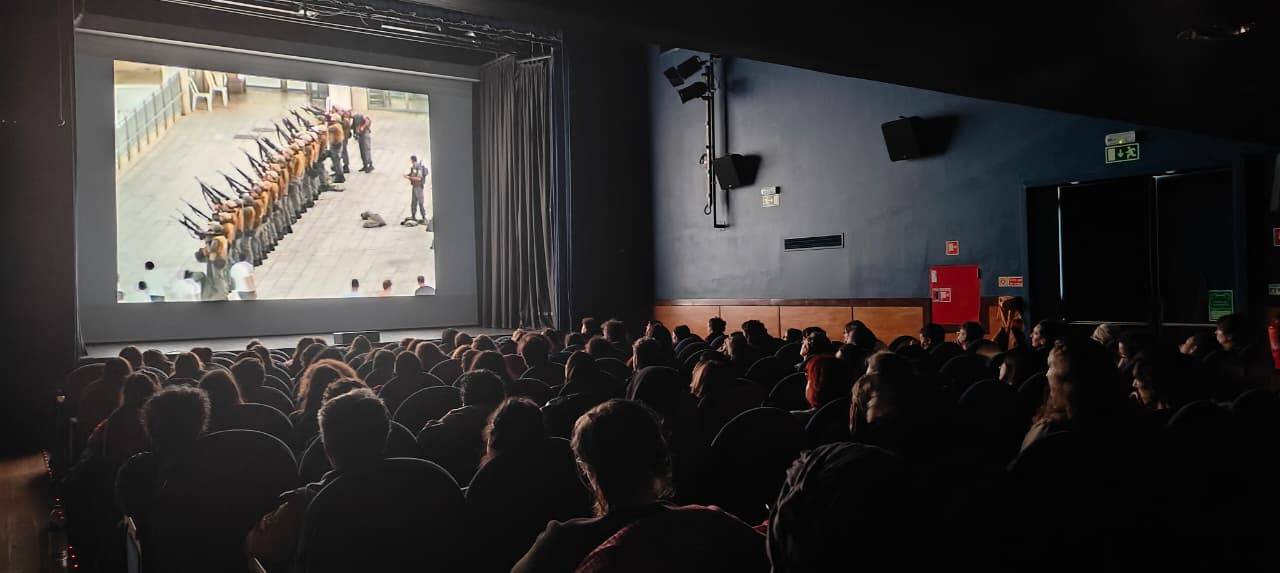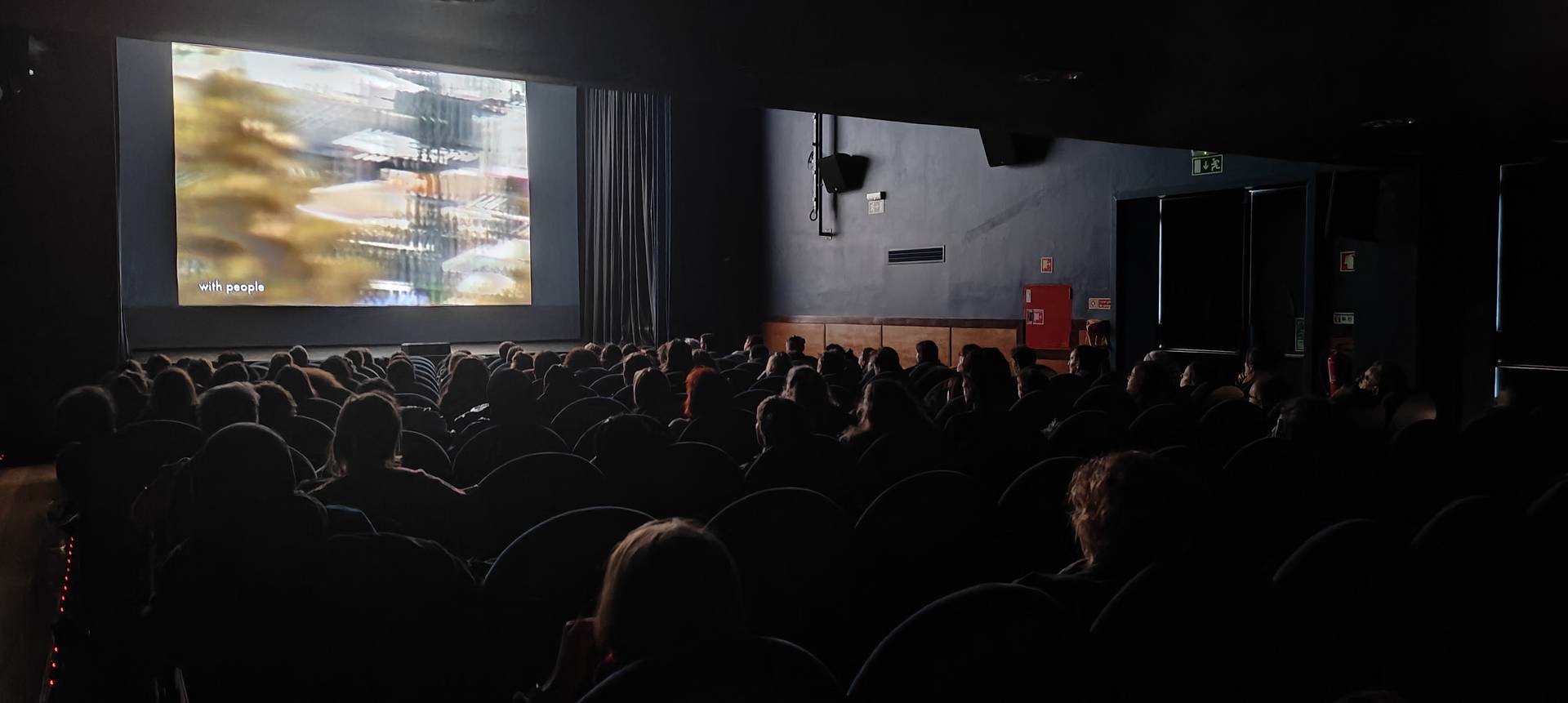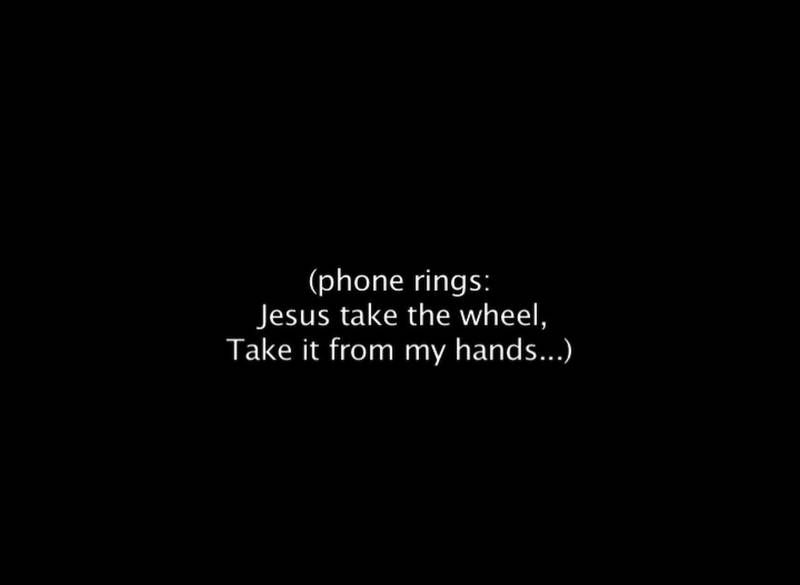
Closely Guarded Phonecalls
Sept. 7, 2013 - Sept. 8, 2013
at
FD ZONE
Curators note:
This week's program continues from last week's ‘Of watching and Being Watched’. Network technologies like cellphones for example, offer a sense of equity and privacy internally but at the same time offer unparalleled opportunity of surveillance. Governments can and do "wiretap" whom they wish, when they wish, protected by barriers of secrecy. Sometimes, things leak. We are facing many questions, as increasingly such intrusions are being legislated. Where are the new ethical lines drawn? How aware are we that we are being listened to?
Screenings:
CBI /19 min / 1973 / Films Division
The Central Bureau of Investigation traces its origins to the Special Police Establishment (SPE) established in 1941. The functions of the SPE were to investigate bribery and corruption in transactions with the War and Supply Department of India, set up during World War II. Its motto is "Industry, Impartiality, Integrity". Its mission is 'To uphold the Constitution of India and law of the land through in-depth investigation and successful prosecution of offences; to provide leadership and direction to police forces and to act as the nodal agency for enhancing inter-state and international cooperation in law enforcement '. The 19 min. film gives an insight to its functioning and encourages citizens to help CBI by reporting any wrong doing.
Act II: Hum Logos / 45 mins / 2012 / CAMP
Hum Logos is a film based on the Radia Tap(e)s. These recordings have been described as essential listening for anyone wanting to be a journalist in India. Debates around the tapes and their authenticity have often asked whether they were edited or not, whether they were "spliced" or "fake". This work asks instead, what further editing or rearrangement might do. What could we hear, in another composition. We are led to a different kind of experience from on the one hand, voyeuristic bytes replayed endlessly on TV and on the other the "data" that has thus far become available publicly. In the film, a broad spectrum of rhetorical devices: lies, cries, memes, schemes, pen drives, bad networks and family feuds, can be heard pulsing through the nervous system of Indian democracy.
See also:
http://camputer.org/event.php?
Hum Logos has been
exhibited at the New Museum New York, the Gwangju Biennale (with Korean
translation) and the National Gallery of Modern Art (NGMA) Delhi, among
other screenings.

